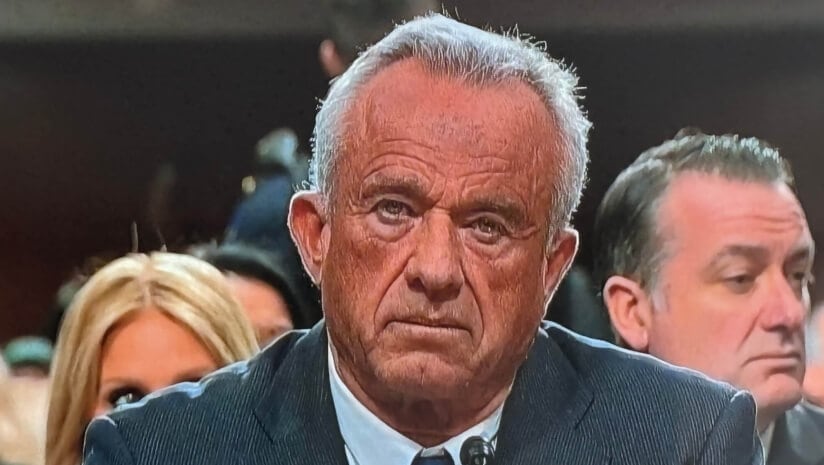That was the sentiment from a panel of legal experts at this year’s Sports and Active Nutrition Summit.
“We are largely having to experience the consequences, and the consequences are serious,” said Robert Marriott, director, regulatory affairs at the American Herbal Products Association, about new tariffs. “The dietary supplement space is a global, diverse space. Some of our precursors, some of our commodities are not available from other countries. In China, especially in the herbal space, there are some herbs where we cannot feasibly source on any sort of scale outside of China.”
According to Duffy MacKay, senior vice president of dietary supplements at the Consumer Healthcare Products Association, President Trump’s budget freezes have already affected the work of the organization. For more than a decade, it was helping to build the Botanical Safety Consortium, a coalition of scientists trying to create a new toxicology framework for ingredients, but this work is impacted because of a freeze.
Alicia Wolf, senior director of regulatory affairs at supplement company Ritual, acknowledged that it was important to stay ahead of potential regulatory shifts and advocate for clear regulations “whether through direct or industry engagement, as well as any public commentary to help impact and shape this area for now.”
She added there is a concern that these policies could lead to some overregulation or potential burdens on smaller businesses.
Amber Littlejohn, attorney at Ice Miller, echoed concerns over small business but from a lack of regulation standpoint.
“The part of me that made me get into this particular industry in the first place is that I was excited about the opportunity to kind of push the envelope and really get us to where I think originally Congress intended us to be with this industry,” she said. “But I’ve also seen what this type of blowback in an under-regulated environment does, especially for small businesses. They can’t afford $100,000 in legal fees every month to proactively manage their issues.”
Cuts to the FDA
James (Jim) Jones, the deputy commissioner for Human Foods at the U.S. Food and Drug Administration, resigned last week, stating that “indiscriminate” firings by the Trump Administration dismantled his division.
“I’m not sure if it’s a lack of understanding of how things get done, or it’s that there’s really no seriousness about what they want to get done,” he told Stat News. “I don’t know. But I didn’t want to spend the next six months of my career on activities that are fundamentally about dismantling an organization, as opposed to working on the stated agenda.”
Robert Durkin, partner at Amin Wasserman Gurnani, said that everything that was needed to regulate food from an FDA perspective was under Jones.
“It was set to be dynamic,” Durkin said. “It was set to be something special. They were going to have their own boat, make their own calls, do their own things. Robert F. Kennedy Jr. comes around, and he’s anti chemicals and food. That’s not a bad thing. You would think he and Jim Jones would be a marriage made in heaven.”
Jones resigned before that relationship could play out.
Durkin said FDA cuts were not based on performance or on an analysis of a structure or process but just a simple way to cut people.
“It was not the way to do this,” he added. “They should have empowered FDA to do it on performance-based measures. I’ll be honest with you. As a former fed, there are a lot of people in the federal government that don’t do crap. And as a former fed, I’m going to tell you, there’s a lot of people there that protect your food supply every day. I just think this was a ridiculous way to approach it.”



